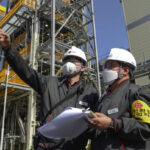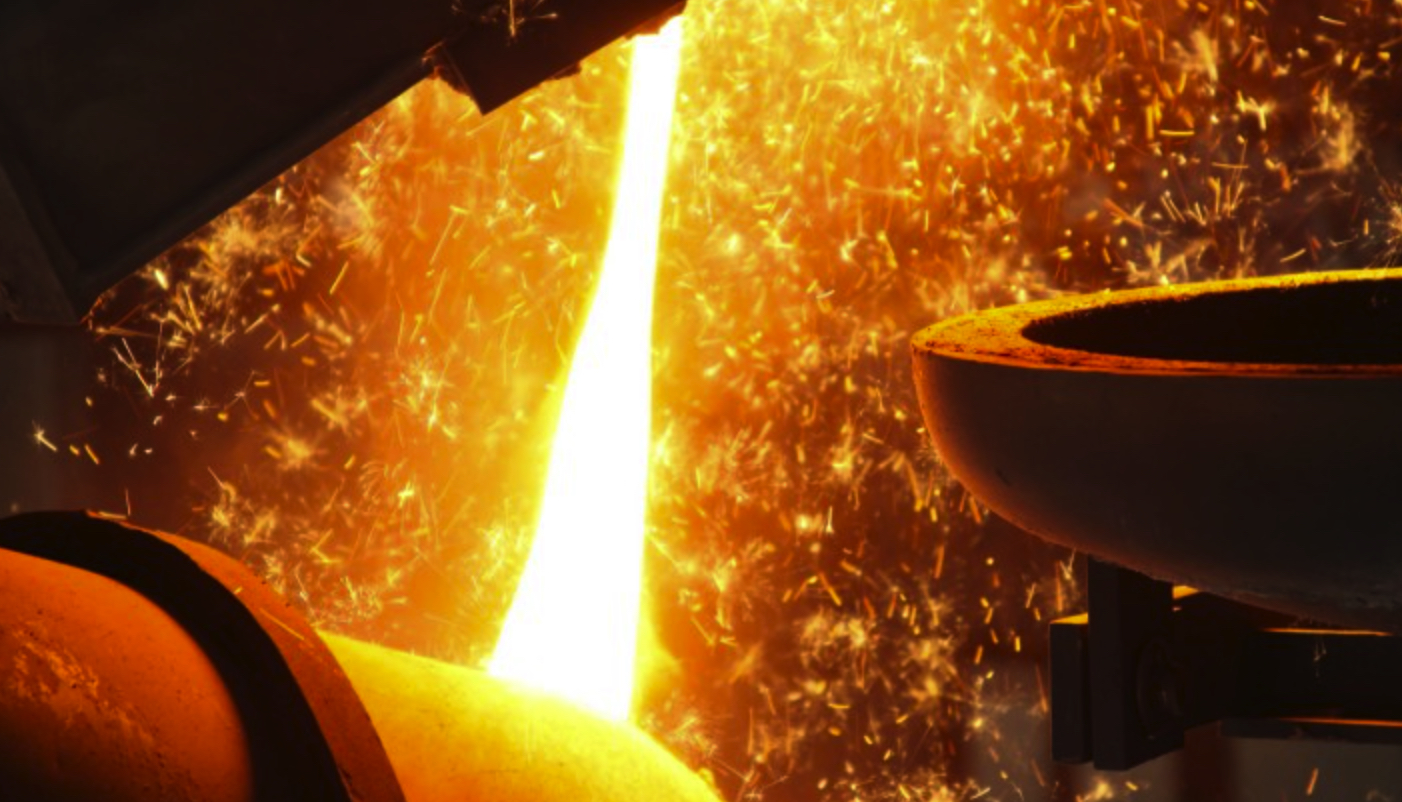The Government has already spent almost £100 million on nationalising British Steel.
Jonathan Reynolds, the Business Secretary, confirmed that £94 million of taxpayers’ money has gone towards the bailout to date.
Ministers took control of British Steel’s plant in Scunthorpe last month to prevent the last blast furnaces in Britain from closing.
Jingye, which was the Chinese owner of British Steel, had planned to shut the furnaces and build electric arc furnaces instead.
At business questions in the Commons on Thursday, Mr Reynolds was asked by James Wild, a Tory MP, to be “straightforward” about how much money had been spent so far.
He replied: “The amount of working capital provided for British Steel to date stands at £94 million, which is considerably less, of course, than if we had given a large amount of money to Jingye, or if we had to deal with the complete loss of the entire British Steel site and business.”
The remarks by the Business Secretary in the Commons on Thursday are the first time that the cost of the Government’s intervention to date has been revealed.
It came after Andrew Griffith, the shadow business secretary, asked his opposite number to be “a bit more specific” about where the money was coming from.
Mr Reynolds said: “There was the allocation of the green steel fund of £2.5 billion. And of course that came in addition to the £500 million for Port Talbot for the transformation, which was agreed under the previous government, but wasn’t in the departmental accounts, he knows it was in a heavily oversubscribed Treasury reserve.
“But yes, the green steel fund will be there to support what we’ve had to do at Scunthorpe.”
Mr Griffith went on to note that it was “widely agreed” that the nationalisation of British Steel could end up costing billions of pounds.
He continued: “Isn’t the truth that sooner or later, this will have to come from his department’s budget at the expense of financial support for the automotive sector, for exporters, or hard-working trade negotiators?”
Mr Reynolds replied: “First of all, the total collapse of British Steel would have had an incredible exchequer cost, well over £1 billion.
“The request, the second option, from Jingye for £1 billion, which apparently the leader of the Opposition says she did or didn’t agree to in some way with it going to Teesside, [there would be a] very significant cost to that.
“What we have done so far is provide working capital to British Steel in order to pay wages, in order to continue the purchase of raw materials, and the operation of the business.”
Sir Keir Starmer’s drastic decision to pass an emergency law paving the way for nationalisation saw Parliament recalled for the first time in four years on Saturday April 12.
‘We need more steel, not less’
The Prime Minister said Donald Trump’s trade war meant “we need more steel, not less” and that the UK’s economic and national security would be under threat without the steelworks.
There had been concerns that the Scunthorpe plant could have effectively closed within 10 days after warnings Jingye had cancelled orders for iron ore and coking ore.
Mr Reynolds has repeatedly said that while the Government’s preferred option is to find a buyer for British Steel, permanent nationalisation was “the most likely option”.
Kemi Badenoch, the Tory leader, warned nationalisation had to be a last resort and said the steel plant was only in danger because of Labour’s “wrong choices”.
But Nigel Farage, the Reform UK leader, has called for the full nationalisation of British Steel and said it must form part of a wider push to “re-industrialise” Britain.
Source: www.yahoo.com



